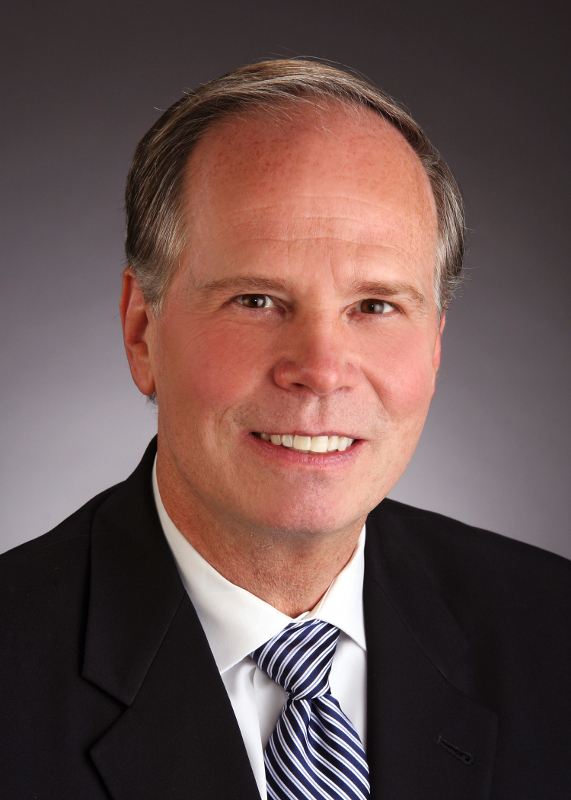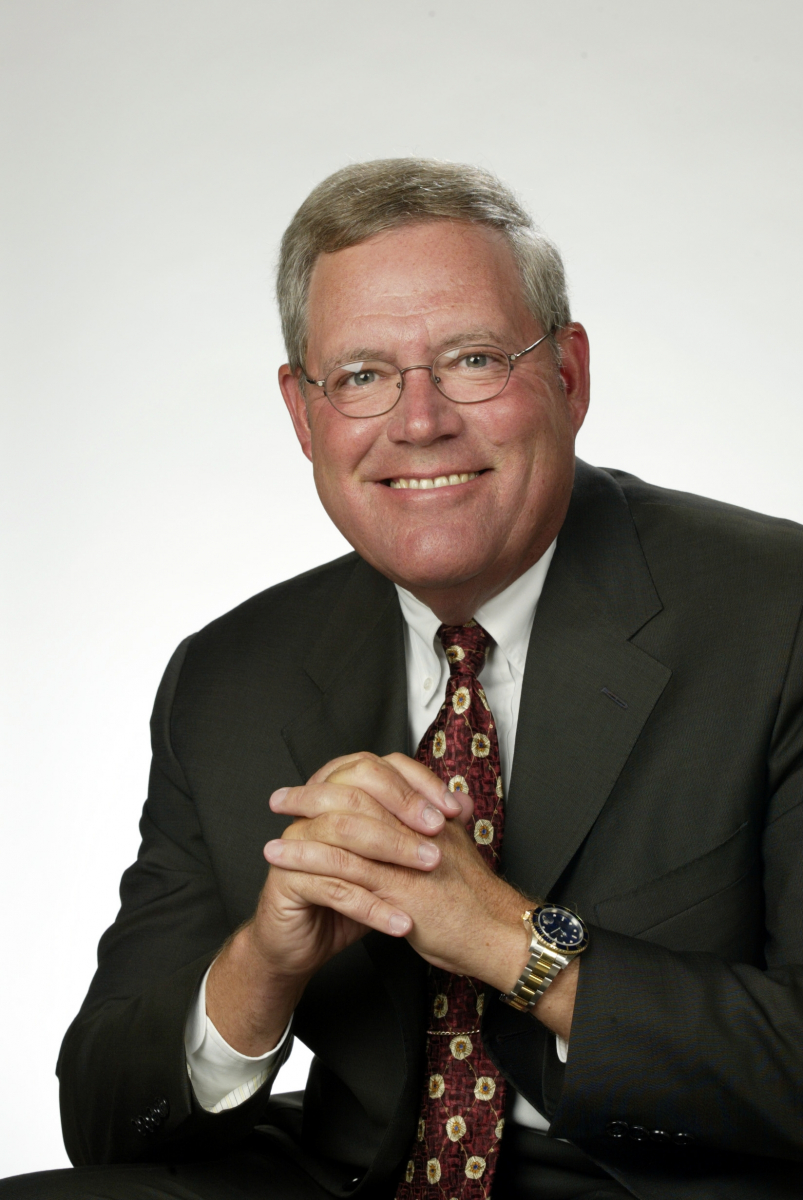MHA Class of ’74 reaches endowed scholarship goal, doubles impact
By Steve Barrish

For many, philanthropy is a deeply personal way to pave the path for those who will follow in their footsteps. For members of The Ohio State University’s Hospital and Health Administration Class of 1974, it was also a way to mark decades of collective success since graduation.
Their philanthropic group effort resulted in the Class of 1974 Distinguished Student Endowed Scholarship Fund, which successfullycompleted its goal of $100,000. The target was set by the Ohio Scholarship Challenge, a program that allowed endowed scholarship funds of $100,000 or more to be matched 1:1 with payouts in perpetuity by Ohio State.
The idea to launch a class scholarship campaign evolved throughout the long-standing friendship of campaign co-chairs and Class of ’74 classmates Ned Zechman and Mark Neaman. When they learned in summer 2014 of the College of Public Health’s fundraising priorities, they decided that creating an endowed scholarship fund seemed like the best way to give back to their alma mater.
“When the seed was planted to do something in honor of the Class of ’74, we knew it was the right time to do something with impact,” Neaman says.
“We agreed that scholarships were the highest priority,” Zechman added. “And the Ohio Scholarship Challenge – having the match dollars – was an extra incentive to increase the impact of our philanthropy.”

“Philanthropy is unique—it is both a responsibility and a blessing. It is fulfilling to see the way such an investment continues to multiply and touch the lives of so many individuals.” — Mark Neaman, MS '74
Zechman was originally asked to chair the campaign by Tom Wickizer, PhD, chair and professor in the Division of Health Services Management and Policy. While excited about the opportunity, he knew that Neaman would make a great co-chair, and that their teamwork would lead to a successful scholarship campaign. They both believed that their former classmates would get behind the opportunity to mark their 40-year milestone in such a way.
“MHA cohorts are small, but alumni are dedicated,” Neaman says. “We knew the amount of gifts it would take to create a scholarship fund, and it was the right goal for our group.”
The pitch to their former classmates was that their gifts would make a true difference in the lives of Master of Health Administration (MHA) student scholarship recipients, particularly as the cost of higher education continues to rise.
“Being able to lessen the burden of debt on a hard-working student is making a real difference,” Zechman says. “I hope that we are able to help someone who wouldn't otherwise be able to afford the cost of graduate school come out of the program we know and love with less debt, and have a jump-start on their careers and personal lives.”
The fund will not only benefit students, but will also benefit the overall success of the College of Public Health’s MHA program. For Neaman, professionalism starts at the university level, so investing in the program is an investment in the entire profession.
“We’re helping to provide resources for talented students,” Neaman says. “What these students achieve – in the classroom and in the field – fuels the future success and reputation of the MHA program at Ohio State.”
“Philanthropy is unique—it is both a responsibility and a blessing,” Neaman added. “It is fulfilling to see the way such an investment continues to multiply and touch the lives of so many individuals.”
“Giving back, to me, is a way to say thanks for all the blessings I've been given.” — Ned Zechman, MS '74
The philosophy of giving back began in Zechman’s childhood home where his parents modeled philanthropy. He spent his career leading children's hospitals, and a focus on philanthropy played a large role in the success of the organizations he led.
Zechman attributes much of his success to the skills and networking opportunities that Ohio State’s MHA program provided. His positive experience at Ohio State is what drives him to pay it forward so that the program can be for today’s students what it was for him.
“Ohio State, as a university, has a culture of paying it forward, and our time as students instilled in us that this should remain a constant in our lives even after we graduate,” Zechman says. “Giving back, to me, is a way to say thanks for all the blessings I've been given.”
About The Ohio State University College of Public Health
The Ohio State University College of Public Health is a leader in educating students, creating new knowledge through research, and improving the livelihoods and well-being of people in Ohio and beyond. The College's divisions include biostatistics, environmental health sciences, epidemiology, health behavior and health promotion, and health services management and policy. It is ranked 22nd among all colleges and programs of public health in the nation, and first in Ohio, by U.S. News and World Report. Its specialty programs are also considered among the best in the country. The MHA program is ranked 5th and the health policy and management specialty is ranked 21st.
